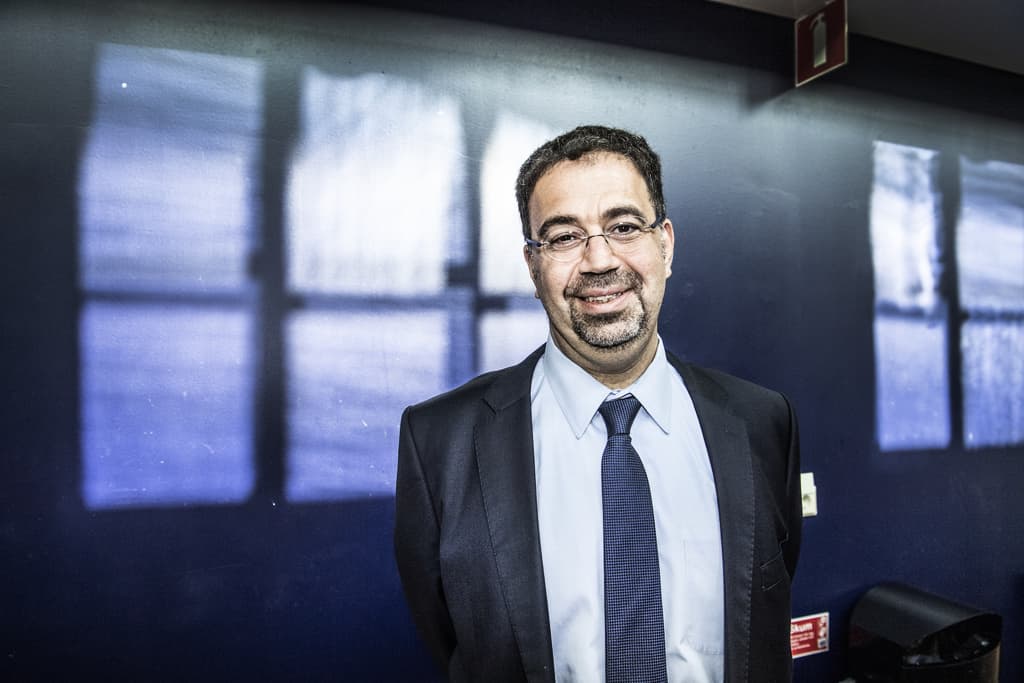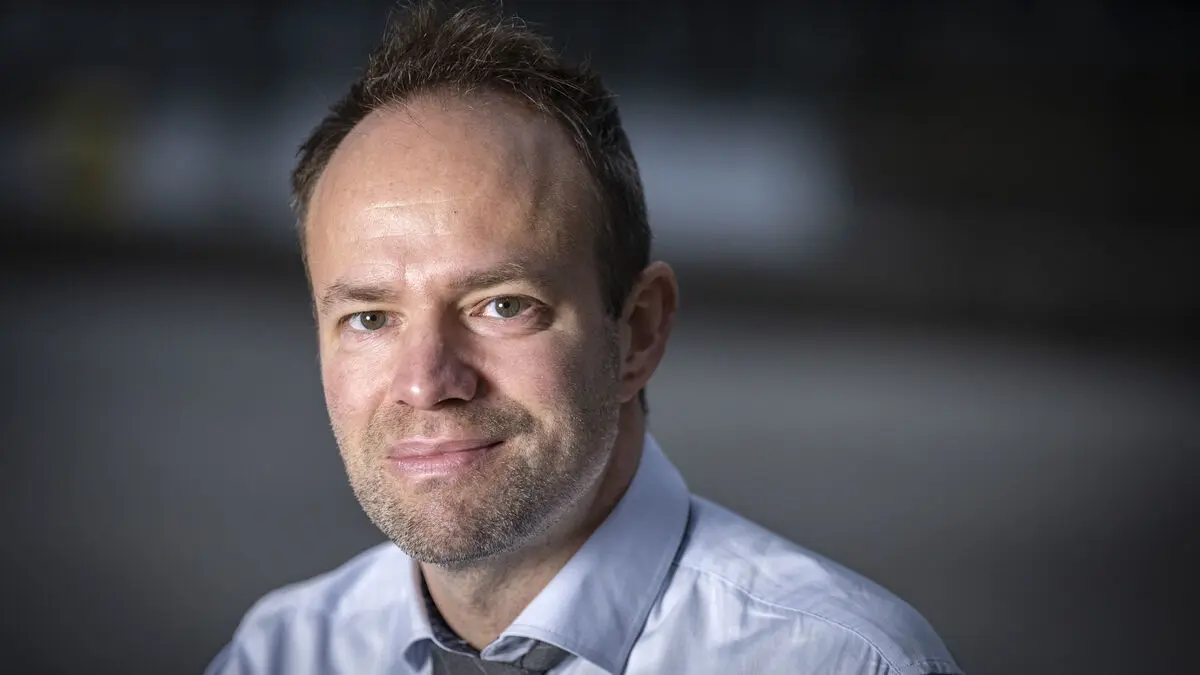The international star economist Daron Acemoglu sees a great danger that AI development will lead to people losing their jobs, and that rich companies will become richer.
But there is another possibility – which builds on the Swedish model.
Daron Acemoglu is a professor at the American MIT and is one of the authors behind the acclaimed books "Why nations fail" and "Power and progress".
In the latter, he and co-author Simon Johnson argue that it is a mistaken view that technological leaps automatically bring greater prosperity to society as a whole, and that history is full of examples where this is not the case. Acemoglu sees signs that many companies view AI as a way to replace people with machines.
I am more worried today than two years ago, because the amount of resources concentrated in the hands of the largest and most powerful companies is only increasing, he says in an interview with TT, in connection with his participation via link in the Social Democrats' economic-political seminar in Almedalen.
More cooperative spirit
But he believes that there is another possibility. That AI develops to help employees become more productive. This is also something that can benefit companies.
He draws a historical parallel to Sweden in the 1930s, where the foundation of the Swedish model was laid with the Saltsjöbaden Agreement.
The pact that emerged then was a more cooperative spirit between companies and labour, and that companies remained profitable. I do not believe that there is any evidence that companies would have adopted these rules on their own without the Social Democratic government.
He would like to see Sweden, with pressure from politics, build on the model to drive innovation, profitability, and increased prosperity within AI.
Not shorter working hours
Daron Acemoglu, on the other hand, does not believe in striving for shorter working hours, even if AI makes jobs fewer.
I am not super keen on shorter working weeks. If we become more productive, wages increase, and workers say they want to work less, then fine.
However, one cannot replace a 40-hour week with two people working 20 hours each, according to him.
If you do that, work becomes expensive, and then there are no incentives to increase the number of employees, he says.
On the other hand, he believes in a shift from office work to another type of job.
I believe that many meaningful jobs will involve interacting with the physical world, it is the healthcare sector, the education sector, in factories, in crafts – gardeners, electricians, and carpenters. We must find a way to make those jobs more productive with AI, so that people can gain higher expertise in their work.
Turkish-American economist born 1967 in Istanbul, Turkey.
Despite his relatively young age, he has been among the top candidates for the economics prize in memory of Alfred Nobel several times, including on the economics site Ekonomistas' annual vote.
His research focuses on what is usually described as political economy, economic history, and growth studies.






